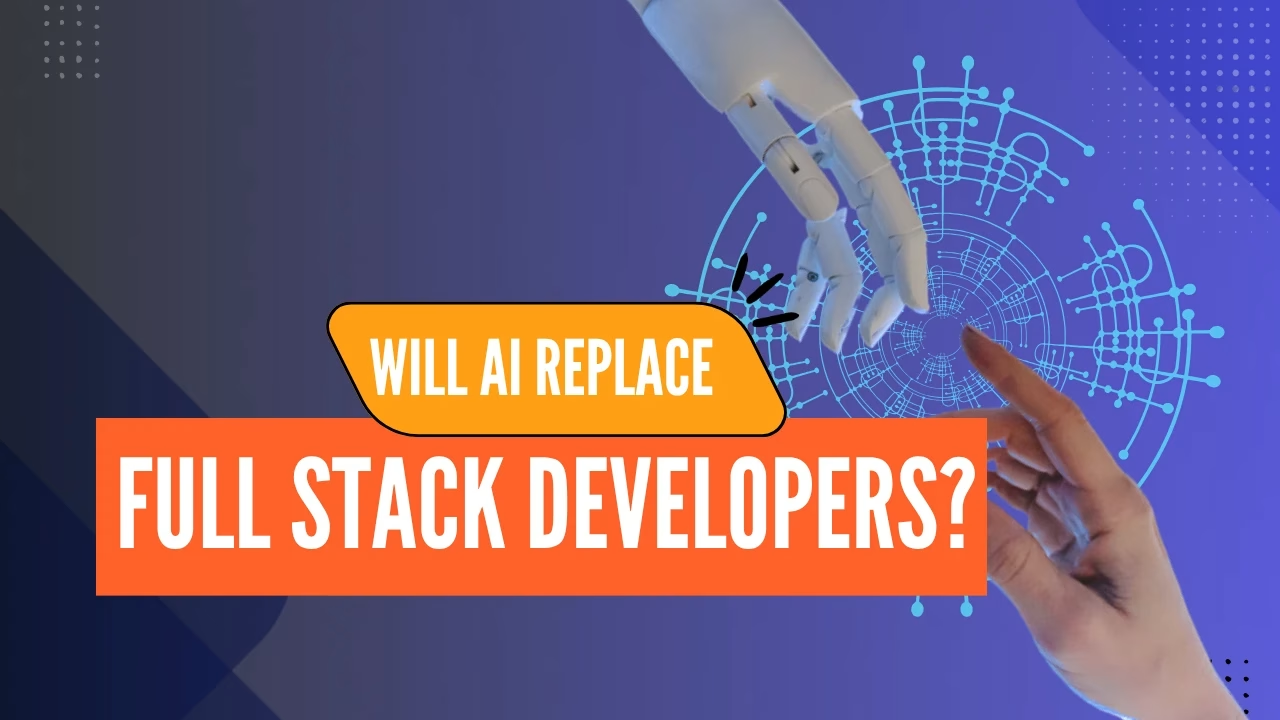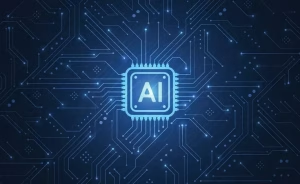
Will AI Replace Full Stack Developers? 7 Essential Truths
Everywhere we go, founders and engineering leaders ask the same thing: will AI replace full stack developers? It’s a fair question—and also the wrong first question.
At D4DX, we build products with AI every day. We hear “will AI replace full stack developers” in boardrooms because AI coding tools are already impressive. But the data and our hands-on experience show a more nuanced reality: AI is a force multiplier, not a full substitute for end-to-end software ownership.
The rise of AI in software development
AI pair programmers and copilots have gone from novelty to standard practice:
- Code generation and autocompletion accelerate routine tasks.
- Automated test writing improves coverage.
- Code translation (e.g., Python to TypeScript) reduces migration friction.
- PR summaries and doc generation cut review time.
Real-world signals:
- Stack Overflow’s 2024 Developer Survey reports most developers are already using or exploring AI coding tools, with productivity and learning as top benefits. Source:
- McKinsey estimates generative AI could automate 20–30% of developer activities and unlock major productivity gains across the SDLC. Source:
With advances like these, it’s natural to wonder: will AI replace full stack developers as the default?
So, will AI replace full stack developers? Here’s the real answer
Short answer: Not in the foreseeable future—and not for teams shipping non-trivial products in production.
The answer to “will AI replace full stack developers” is no, because building reliable systems still demands judgment, accountability, and context. AI can generate great code. But products succeed on the back of trade‑offs, architecture, and risk management—areas where humans remain indispensable.
What full stack developers do that AI can’t replace (yet)
AI helps type code. Full stack developers own outcomes. Here’s what still needs a human in the loop:
- Product reasoning and stakeholder alignment
Turning ambiguous business goals into technical requirements. Negotiating scope. Prioritizing what matters now vs later. AI can assist, but it doesn’t own the trade-offs. - Systems thinking and architecture
Choosing service boundaries, data models, and event flows across front end, back end, and infra. Recognizing how a change in one layer affects reliability, latency, and cost in another. - Security, privacy, and compliance
Applying OWASP best practices, threat modeling, data retention, PII handling, SOC 2/GDPR controls, and secure secrets management. AI can suggest patterns; the human is accountable for the blast radius. - Integration and orchestration
Real APIs are messy: versioning, flaky responses, network constraints, vendor quirks. Stitching SaaS, legacy systems, and custom code together—while keeping observability and rollback plans—is craft. - Incident response and root-cause analysis
Unknown unknowns in production require sense-making: logs, traces, metrics, and user reports. AI can propose fixes; engineers determine what’s safe to change at 2 a.m. - Performance and cost optimization
Picking indexes, caching strategies, and right‑sizing cloud resources. Balancing throughput, tail latency, and spend. Nuance here is business-model specific. - Team leadership and communication
Estimation, code review culture, mentorship, and cross-functional alignment. Software is a team sport.
These are the reasons people keep asking “will AI replace full stack developers” and keep arriving at the same conclusion: AI accelerates the craft, it doesn’t eliminate it.
Pro tip: If you want AI-augmented, production-ready delivery, see how D4DX approaches full-stack development and AI integration. Explore our services
How AI is reshaping the developer role
Instead of asking “will AI replace full stack developers,” ask how the role is evolving. The biggest shifts we see:
- From typing to reviewing
Engineers move from hand-writing every line to specifying intent, generating scaffolds, and reviewing diffs rigorously. - Higher bar for specs
Clear prompts, concise acceptance criteria, and executable tests become the “language” that guides AI. - More tests, earlier
AI makes unit and integration tests cheaper to write. The teams that enforce tests as contracts will ship faster and safer. - Codebase intelligence
Retrieval-augmented generation (RAG) over your repo, architectural diagrams, and ADRs allows assistants to answer “How do we add multi-tenant billing here?” in seconds. - DevEx and automation
Prebuilt environments, CI/CD templates, and AI-driven PR summaries reduce toil and cycle time. You ship more, with smaller batches.
Where D4DX leans in:
- We standardize on AI-enhanced workflows from backlog to deploy.
- We pair AI code generation with strict review gates, linters, SAST/DAST, and pre-merge tests.
- We track performance, error budgets, and cost to ensure velocity doesn’t degrade quality.
Future predictions (opportunities + threats)
By 2030, will AI replace full stack developers? Unlikely. But the job market will bifurcate between AI-fluent builders and everyone else.
Opportunities
- Smaller, mightier teams
One senior engineer with AI helpers can do what once required a small squad. - Faster greenfield builds
New products, MVPs, and internal tools ship weeks faster with AI scaffolding and boilerplate generation. - Better quality at the same cost
More tests, better docs, cleaner migrations—if you wire AI into your SDLC intentionally. - New roles
Prompt engineers, AI platform engineers, and “AI product owners” emerge inside engineering orgs.
Threats
- Security and IP leakage
Copy-paste from public suggestions can import vulnerabilities or license conflicts; governance matters. - Quality drift
Without architectural oversight, teams can produce a lot of code that doesn’t cohere. - Overreliance
Junior engineers who never practice fundamentals risk becoming weak reviewers of AI output. - Talent polarization
AI-literate full stack developers command a premium. Others face stagnation.
For leaders, the pragmatic question isn’t “will AI replace full stack developers,” but “how do we reskill our teams, redesign workflows, and govern AI responsibly?”
Conclusion
So, will AI replace full stack developers? Not in any broad, practical sense. AI is exceptional at accelerating well-specified tasks. Full stack developers are exceptional at turning ambiguity into shippable, secure, scalable systems.
The real risk isn’t that “will AI replace full stack developers” comes true. It’s that developers and teams who ignore AI will be outpaced by those who adopt it well.
If you want help building an AI-augmented delivery engine—without compromising on security, architecture, or quality—D4DX can lead the way. Explore our services:

